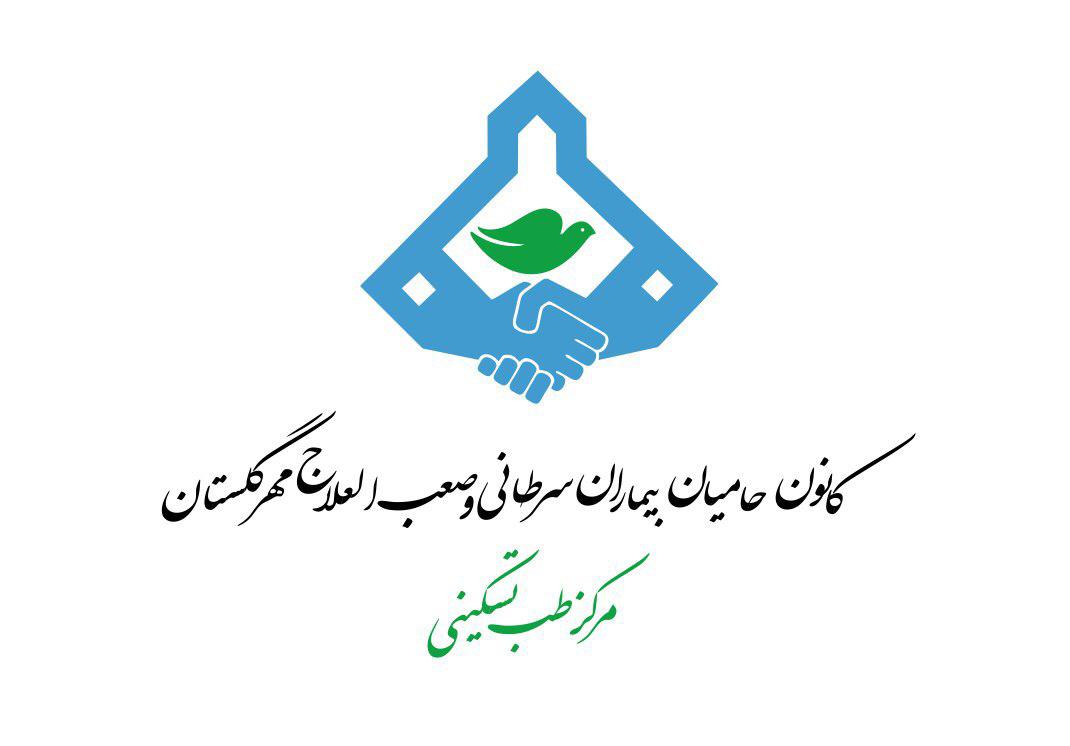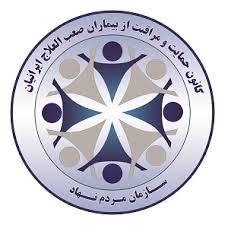Ethical Issues in Palliative Medicine
(Presented in the 3rd International Congress on Medical Law, 22-24 Feb 2011, Kish Island, Iran)
Abdolrahim Hazini, Hematologist, Oncologist, Palliative Care Specialist
President of Iranian Medical Association in Italy
Recent advances in diagnosis and treatment of cancer patients has increased the number of patients who live with the disease for a longer period. Among these patients some will be considered incurable and will require end-stage services. Palliative care service is nowadays considered a necessity for these end-stage cancer patients. However, this service is new in our country. We have been among the few centers in Iran that provide palliative care for end-stage patients. Also, there are a wide range of ethical issues that we encounter in the field of palliative care both in Italy and Iran. Therefore, we would like to discuss these ethical and medical challenges that we have encountered during our practice within a palliative team. A good understanding and applying of these ethical principles is a pivotal part of day-to-day practice in palliative medicine..
Giving Patient"s right is more important in palliative medicine than other medical fields since end-stage patients are more vulnerable and are very much dependant to their health care providers. Patient preference as well as medical indications and quality of life should all be considered as important factors in decision making for cancer patients. Fears, religious or spiritual beliefs and practicalities of daily living are also important matters that should be carefully regarded. The patient’s right to make his or her own medical decisions is an important part of the physician-patient relationships especially in circumstances that some options exist. Finally, patients and their carers should receive enough information about their health status in order to make a rational decision.
The role of palliative care is to give the right of end-stage patients to live as well as possible. Proper institution of palliative care will relieve patients" symptoms and sufferings and improve quality of life of patients. Pain along with other common symptoms such as nausea, vomiting, anorexia, constipation and depression will affect cancer patients" life to a great extent. Unrelieved symptoms will end up to a miserable death with mournful family members. Unfortunately, these symptoms are often neglected by the primary physicians in our country.
Explaining the disease process and communication with the patient and care givers to stop buying questionable and expensive chemotherapy regiments are important ethical aspects within a palliative team. The care of end-stage patients is a demanding task. Hence, home care visits and 24-hour availability of medical consult with practitioners will alleviate most concerns and worries of the patients and their relatives and will stop the patients from wandering between different hospitals in our country. Finally, Care providers should notice that they are responsible to evaluate patient needs in end-of-life state, consider patients attitude toward his or her death, prepare patients for a peaceful death and attempt to reduce relatives" grief and suffering.
آدرس مطب : 1
تلفن : 1 - 1







